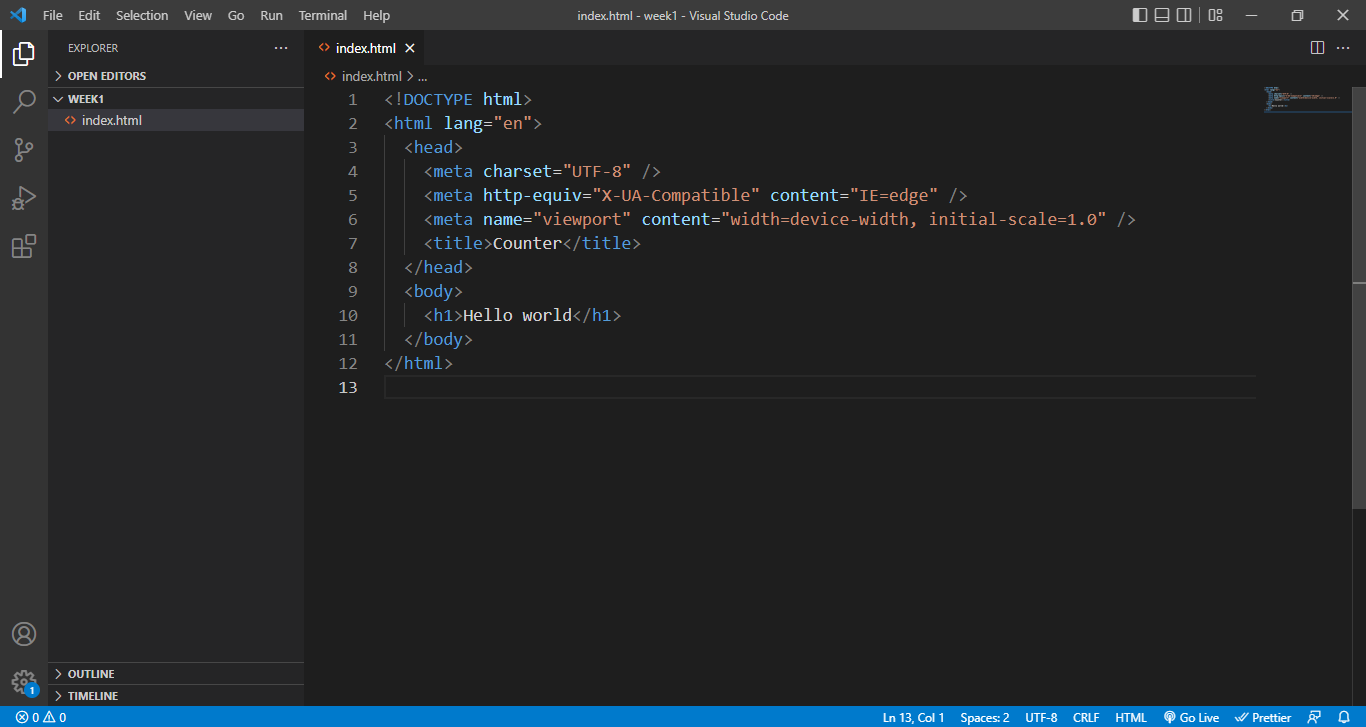Mastering MySQL: Understanding and Implementing Database Constraints

In MySQL, constraints are rules applied to columns in a table to enforce data integrity and define the structure of the database. They ensure that data meets certain criteria or conditions, such as uniqueness, referential integrity, or the absence of NULL values. MySQL supports various types of constraints:
1.NOT NULL Constraint: Ensures that a column cannot contain NULL values. Each row must have a value for this column.
CREATE TABLE table_name (
column_name VARCHAR(50) NOT NULL
);
2.UNIQUE Constraint: Ensures that all values in a column (or a group of columns) are unique. This constraint allows NULL values, but if a value is provided, it must be unique across all rows in the table.
CREATE TABLE table_name (
column_name INT UNIQUE
);
3.PRIMARY KEY Constraint: A combination of the NOT NULL and UNIQUE constraints. It uniquely identifies each record in a table and does not allow NULL values. There can be only one primary key per table.
CREATE TABLE table_name (
column_name INT PRIMARY KEY
);
4.FOREIGN KEY Constraint: Enforces referential integrity between two tables. It establishes a relationship between a column in one table (child table) and a column in another table (parent table), ensuring that the values in the child table exist in the parent table.
CREATE TABLE table_name1 (
column_name INT,
FOREIGN KEY (column_name) REFERENCES table_name2(column_name)
);
5.CHECK Constraint: Defines a condition that must be true for each row in a table. It allows you to specify custom rules or conditions for the values in a column.
CREATE TABLE table_name (
column_name INT CHECK (column_name > 0)
);
6.DEFAULT Constraint: Sets a default value for a column when no explicit value is specified during an INSERT operation. It provides a fallback value to use if one is not provided.
CREATE TABLE table_name (
column_name INT DEFAULT 0
);
7.INDEX Constraint: Improves the performance of SELECT queries by creating an index on one or more columns. Indexes allow MySQL to quickly locate rows based on the indexed columns.
CREATE TABLE table_name (
column_name INT,
INDEX (column_name)
);
8.AUTO_INCREMENT Constraint: Automatically generates a unique value for a column whenever a new row is inserted into the table. It is commonly used for primary key columns to ensure each row has a unique identifier.
CREATE TABLE table_name (
id INT AUTO_INCREMENT PRIMARY KEY
);

Sandipan Kr Bag
I'm a dedicated full-stack developer, entrepreneur, and the proud owner of ocec.org.in , hailing from the vibrant country of India. My passion lies in creating informative tutorials and sharing valuable tips that empower fellow artisans in their journey. With a deep-rooted love for technology, I've been an ardent enthusiast of PHP, Laravel, Angular, Vue, Node, JavaScript, jQuery, Codeigniter, and Bootstrap from their earliest days. My philosophy revolves around the values of hard work and unwavering consistency, driving me to continuously explore, create, and share my knowledge with the tech community.
* Hire MeRelated Posts

জাভাস্ক্রিপ্ট কি? এটি কেন ব্যবহার করা হয় ?

জাভাস্ক্রিপ্ট লেখার পদ্ধতি
Step-by-Step Guide a Dynamic Image Slider with HTML, CSS, and JavaScript
Search
Latest Posts
Using AOS (Animate On Scroll) in React with Tailwind CSS
10 months ago

WebkitSpeechRecognition API
11 months ago

GitHub Understanding Common Prefixes in Conventional Commits
11 months ago
Subscribe to Our Newsletter
Get the latest updates straight to your inbox.

